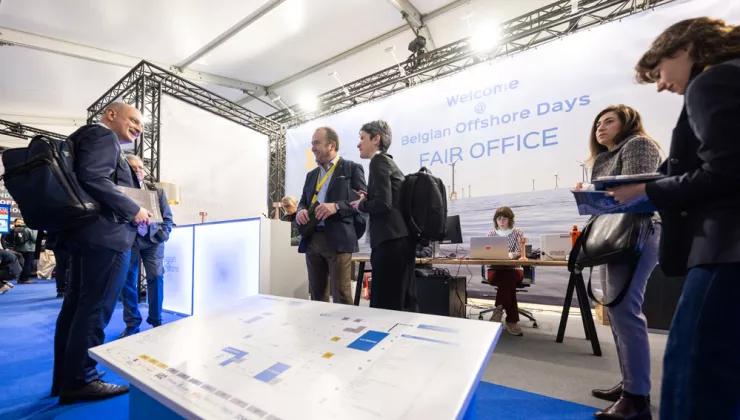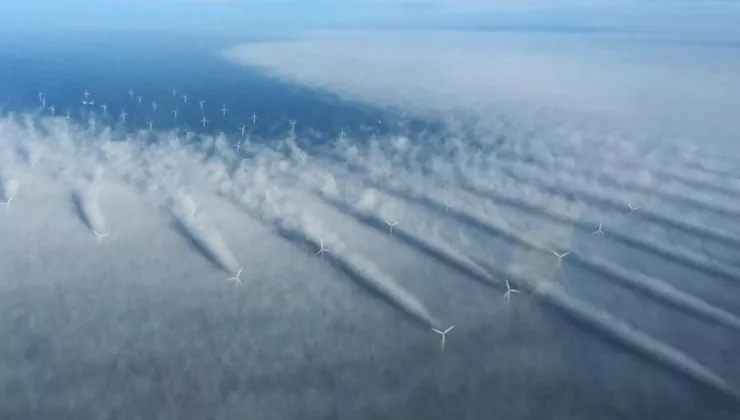New European approach for a sustainable blue economy
All economic activities in the EU related to oceans, seas and coasts account for approximately 4.5 million jobs and an annual turnover of €650 billion. Moreover, the blue economy enables the Union to achieve its objectives in terms of environment and climate. After all, the ocean provides clean energy and is a source of essential raw materials.
The European economy suffered greatly from the COVID-19 crisis. The European recovery plan therefore calls for a shift towards a more sustainable and green economy. The blue economy can play a key role in this regard. Within this context, the European Commission has launched a new strategy for a sustainable blue economy.
Objectives
Within the context of the new approach, the European economy has set a number of ambitious objectives for the blue economy. We will briefly summarise them below:
Achieve carbon neutrality and halt pollution
This is to be achieved through the further development of offshore renewable energy, decarbonisation of maritime transport and making the ports greener. A sustainable ocean energy mix (including floating wind energy, thermal energy, wave energy and tidal energy) can provide a quarter of the entire electricity production of the European Union by 2050. Ports are crucial to the connectivity and economy of the European regions and countries, and can act as energy hubs.
Transition to a circular economy and tackle pollution
This includes new standards for designing fishing gear, recycling vessels and taking offshore platforms out of service, as well as standards to tackle the pollution of the (marine) environment by plastic and microplastics.
Preserve biodiversity and invest in nature
The aim is to protect 30% of the marine zones in the European Union and thus halt biodiversity loss, restore fish stocks and contribute to climate mitigation and a resilient climate. This will also bring significant financial and social benefits. The ecological impact of fisheries on marine habitats will be further reduced.
Support climate adaptation and commit to a resilient coast
Here, the aim is to adapt to climate change by, for instance, developing green infrastructure in coastal areas and protect the coastline against the risk of erosion and floods. This way, we preserve coastal biodiversity and landscapes. This can, in turn, have a positive impact on tourism and the coastal economic climate.
Ensure the sustainable production of food
The sustainable production of and new marketing standards for food from the sea, the use of algae and seagrass, a stricter control on fisheries as well as research and innovation into cultivating food via cell culture will help preserve the European seas. This is also supported by the European Union’s new strategic guidelines for sustainable aquaculture.
Manage the available space at sea better
The new Blue Forum for users of the sea, which aims to start a dialogue between offshore operators, stakeholders and scientists dealing with fisheries, aquaculture, shipping, tourism and renewable energy, will lead to an exchange of knowledge and good practices and thus promote the sustainable use of space at sea. After the approval of the national maritime spatial plans in March 2021, a report regarding the implementation of the European Directive on maritime spatial planning will be published in 2022.

Context
The Green Deal is a widely supported plan by the Von der Leyen Commission to combat climate change and make Europe carbon-neutral by 2050. To this end, a roadmap was drawn up with a series of measures within all sectors of the economy.
The aim of the European recovery plan is not only to recover from the economic consequences of the COVID-19 crisis, but also to focus on green measures and digitisation to make the European economy more sustainable and resilient.


